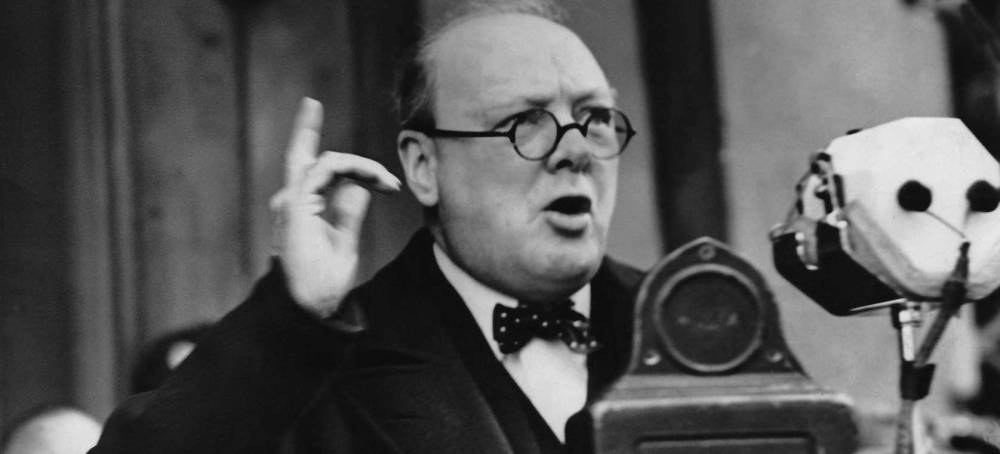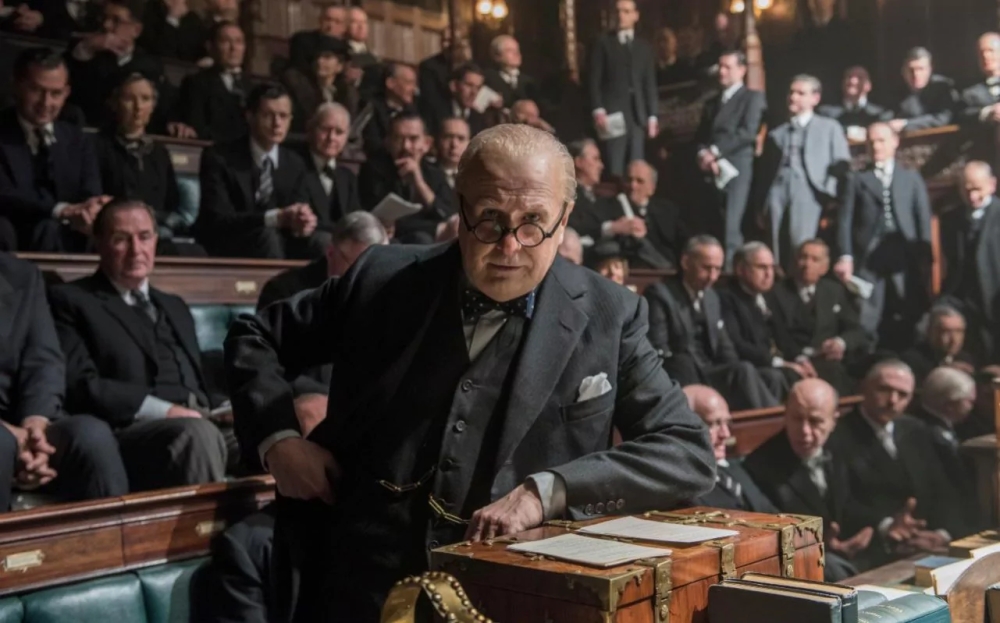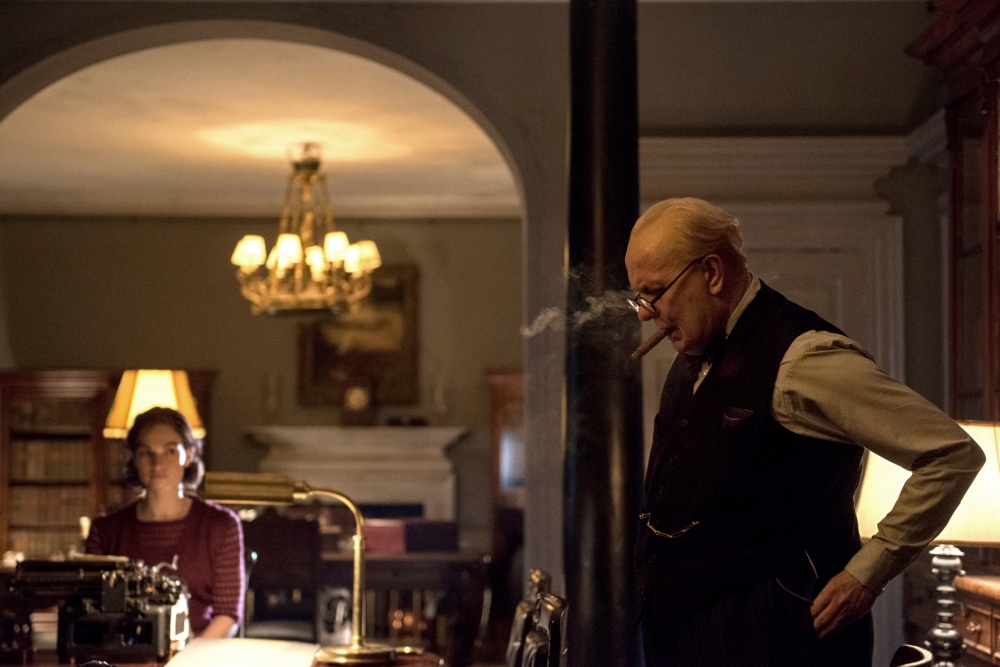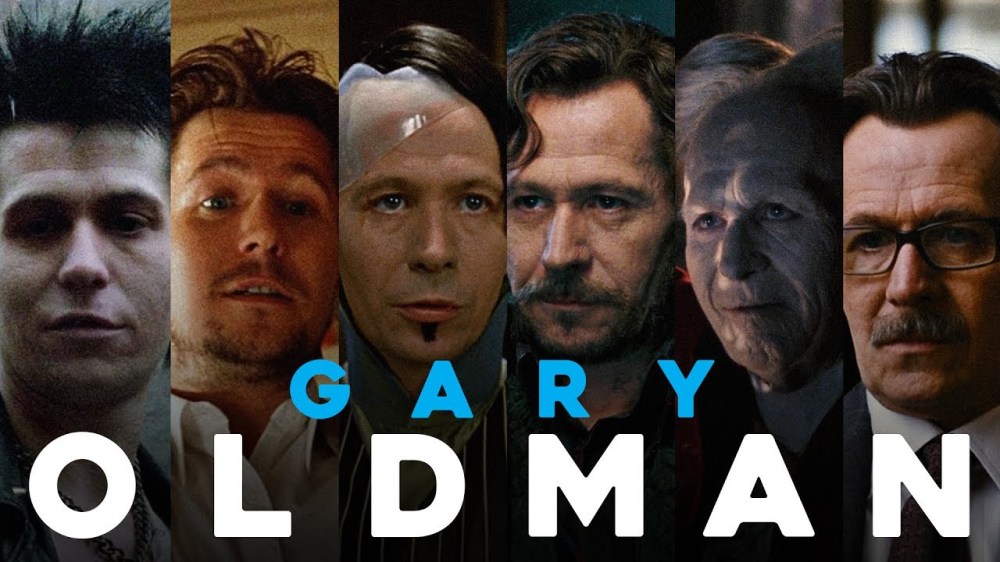
Winston Leonard Spencer-Churchill was a man of the world. Ordained in true British fashion as “The Lion of England”, Churchill carried his legacy through a steadfast commitment to the sustenance and longevity of British Imperialism. Despite his innate qualities as a statesman, Churchill would always be remembered by India as the British Prime Minister who devised and allowed a civilian genocide to happen on then-British soil when at least three million Indians died of hunger on the streets of Bengal. Bengal being the world’s largest producer of Jute as it still is, Churchill commissioned his officers to replace rice and paddy farming with jute so that the production of sandbags could be boosted for war-efforts. When the supply of rations deteriorated to an all-time low, some of his own officers requested food-supply ships to be sent for to avoid a potential famine, to which he replied – “I hate Indians. They are a beastly people with a beastly religion.” Such was his racist hatred towards the country, every effort to save the people was thwarted by his cabinet. However, as fate would have it – Britain needed a ruthless leader and Churchill was it. After all, you needed a neo-fascist to fight a fascist.
Joe Wright’s biopic Darkest Hour revolves around Churchill’s first month as the Prime Minister of England in his first tenure from 1941 to 1945 when Britain stood at the brink of war against the Axis Powers. The House of Commons was in a political turmoil as a vote of no-confidence flared for the incumbent Conservative Prime Minister Neville Chamberlain. Although Chamberlain had led the first few months of the war against Germany after its invasion of Poland, his Foreign Policy of Appeasement and Negotiations deemed him a weak leader among his compatriots. Time had come for him to step down and make way for another leader who was ready to take on the crown of thorns and face Hitler. After days of deliberation between the candidates – Foreign Secretary 3rd Viscount Halifax and a Labour Party Statesman Clement Attlee, the committee had reached an impasse. Attlee expressly stated that he was not ready to take on the position yet and Halifax didn’t have a good rapport with the opposition. As destiny had ordained, the mantle fell to Winston Churchill, the only Conservative who had the approval of the opposition and who could create the much needed coalition government.

Although Clement Attlee was now working under Churchill’s cabinet, he was still a staunch supporter of Chamberlain’s policies. He strongly believed that offence was the worst strategy for Britain at that time and only tactical peace negotiations with the Nazi government would extricate them from being dragged into a bloody war. David Schofield’s portrayal of Attlee as a statesman with little confidence in Churchill’s governance became a practical question that even the audience would ask themselves. Any sane man would appreciate the value of what Attlee foresaw. And he was not the only one. King George VI, who had only recently taken on the throne from his ailing father, had been entrusted with a herculean task of keeping up the morale of his people. His back-story is beautifully explored in Tom Hooper’s Oscar winning film The King’s Speech. Although Ben Mendelsohn’s portrayal of the King is not as deep as that of Collin Firth’s, he plays a measured character who has to go against his instincts and trust a seemingly unpredictable man who was disliked and feared by everyone around him.
It would have been an understatement to say that Churchill had been ready for the post all his life. He chuckled at the helplessness of the House, dismissing Halifax as “the Holy Fox” and Attlee as “the sheep in sheep’s clothing”. As he took stock of the situation to understand what he was getting into, he understood that Britain was in a precarious position. It absolutely did not have the muscle power to withstand a full-fledged attack from the Germans who inched closer every day like juggernauts. Churchill knew that in order to save Britain from annihilation, they would need to gather all of their resources and create a perception of might. He used his talents as a writer and a powerful orator into good use, giving a rousing speech in the House to a roaring applause where his motto of – “We shall never surrender” became a source of inspiration. Interestingly, this was also the time-period when about 400,000 British soldiers were trapped on the beaches of Dunkirk (Dunkerque) and Calais in France. Time was running out as German troops were advancing rapidly towards the beaches from all sides while German planes constantly kept up a barrage of bombs on the hapless British soldiers. As seen in Christopher Nolan’s brilliant depiction of the Battle in the film Dunkirk, Churchill employed hundreds of civilian boats from the nearby village of Dover to help evacuate the trapped soldiers.
Wright’s caricature of Churchill is not confined to his political prowess alone. Writer Anthony McCarten brings forth all his ribald eccentricities that made him a menace in his own home.
Wright’s caricature of Churchill is not confined to his political prowess alone. Writer Anthony McCarten brings forth all of his ribald eccentricities that made him a menace in his own home. In a scene, we see Churchill’s new secretary/stenographer Elizabeth Layton being briefed about how he liked his work. Being a young girl in a new job and that too for the Prime Minister, she is already nervous as she enters his bedroom. Churchill is still in his robes as breakfast is served to him. He munches on with impatience and starts mumbling on with his diction. The scene becomes comical as we watch Miss Layton struggle while trying to understand him. Once it is done, Churchill jumps out of bed imprudently and inspects Miss Layton’s work. Seeing that she had typed only single spaces after each sentence, he yells at her as the poor girl runs out crying. Despite her terrible first encounter with the man, Miss Layton decided to stick with him and later developed a respectful admiration for the man who promised to save Britain from the Nazis. Wright explores such tiny intricacies poignantly through another scene where Miss Layton teaches him how to make the correct ‘victory’ sign, telling him that doing it the wrong way meant “up your bum” to which a usually stern Churchill bursts out laughing.

In her 1958 memoir, Mr. Churchill’s Secretary, Miss Layton describes him in a plethora of vicissitudes as – “Sometimes [while dictating a letter] his voice would become thick with emotion, and occasionally a tear would run down his cheek. As inspiration came to him, he would gesture with his hands, just as one knew he would be doing when he delivered his speech, and the sentences would roll out with so much feeling that one died with the soldiers, toiled with the workers, hated the enemy, strained for victory … [T]hat great man – who could at any time be impatient, kind, irritable, crushing, generous, inspiring, difficult, alarming, amusing, unpredictable, considerate, seemingly impossible to please, charming, demanding, inconsiderate, quick to anger and quick to forgive – was unforgettable. One loved him with a deep devotion. Difficult to work for – yes, mostly; loveable – always; amusing – without fail.” Lily James plays Layton with all the innocence of a young woman who is assigned to work with a the most difficult man in one of the most difficult of times.

Gary Oldman is an institution in the World Cinema Fraternity. With a rich body of work with iconic and unforgettable characters, Oldman is a master of disguise. From Coppola’s Count Dracula in Bram Stoker’s Dracula, to Luc Besson’s Norman Stansfield in Leon The Professional and to the more popular Sirius Black in the Harry Potter franchise, Oldman owned and became each of those characters. The calibre of an actor can only be measured by the fact that through his diversity of roles, the actor himself remains ensconced, so much so that there is a faint realization in the audience that they have seen him somewhere before but can’t quite place him. That is only because of his ability to play each character differently without infusing any of his celebrity factor into the roles. Winston Churchill is one of the most challenging characters to play for an actor, thanks to his multitude of eccentricities. For an actor to imbibe a subject like that, so convincingly, means that they would have to integrate all of those quirks into their very being, all the while taking care of movements, dialogue and the camera. Oldman is a dream to watch as Churchill, as he totters around, mumbling and speaking with a lisp, throwing taunts and commentary that he was known for.
Oldman is currently leading the race for the Best Actor Oscar with his deserving win in the Golden Globes in Best Actor – Motion Picture Drama category, which strengthens his position as a contender in the Best Actor Male category in the 2018 Academies.
Possible Oscar 2018 Nominations for Darkest Hour:
Best Actor
Best Director
Best Cinematography
Best Make-up
gobblscore: 8/10
Disclaimer: The images used in this post are the sole property of the makers of this film and are not owned by us in any form whatsoever.